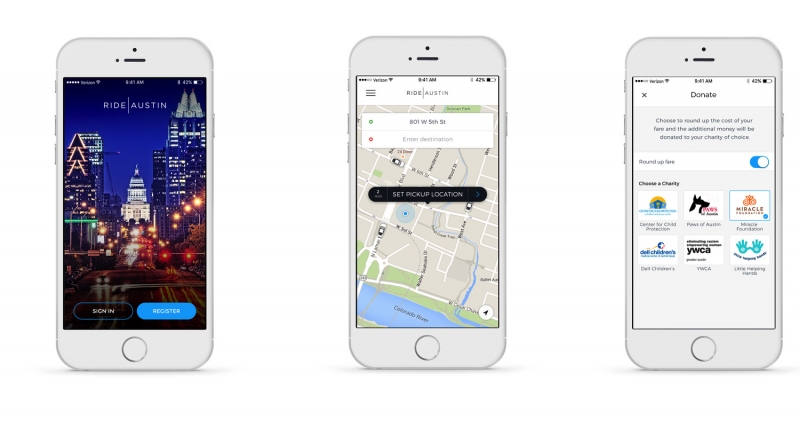News recently broke that a new, non-profit alternative to Uber and Lyft is launching in Austin. The city kicked the companies out for a variety of reasons, including low pay, labor practices, the usual.
Instead of rejecting technological advances, or trying to turn back the clock to a past taxi industry (as some try to do with the music industry, longing for 1997), they’ve built what’s meant to be a more ethical alternative to for-profit platforms. This is an important sign of the times, and of a shifting reality of technological progress. Uber and Lyft themselves exist because technology costs dropped to the point that they could be built by private companies with large capital investments.
But costs have continued to drop, and most of these platforms just move around some basic information, location data, and small financial transactions. This isn’t the Apollo program. There’s no reason anymore that we have to give our data and money to for-profit companies in order to get simple services. These things can, and increasingly will, be built and maintained by mission-driven organizations designed to actually serve the people they serve, instead of for-profit companies designed to profit from the people they serve. The “sharing economy” might actually mean that we get to share.
Austin’s taxi system isn’t the first example of this trend either, just a recent, and large one. CASH Music is a non-profit I volunteer with that offers amazing services to musicians for free (for-profit versions take 30% or more), as well as running educational programs. The Live Music Project in Seattle (whose board I recently joined) is building an arts calendar driven by user-centered design; that means it really gets use and drives attendance instead of just posting information. And of course at New Music USA I led the creation of a grantmaking and advocacy platform that doesn’t just distribute money, but also helps artists achieve their own audience development goals.
At New Music USA we’re a $2.5 million organization with a staff of a little over a dozen. But we realized that our main service to the field was online, and our President & CEO Ed Harsh made it possible for us to build a department of three engineers with me as Director of Platform. For an organization like ours, that’s a lot of technical staff. But we were able to build, and are continuing to develop, an innovative platform that our constituents love, and we did it without a for-profit company or a huge influx of capital to be repaid by future profits or an ‘exit.’
This kind of achievement is now within the reach of civil society organizations. It’s an amazing opportunity to serve our missions better. There will be a lot of growing pains for non-profits undertaking this work, but it’s going to happen. And as it does, our field should pay very close attention to the work of Lucy Bernholz. When organizations build technology for the first time, it’s easy to wind up with the values, assumptions, and practices of the for-profit companies who do similar work. Dr. Bernholz is developing a set of practices for technology and data that can help us keep our values as non-profits, rather than accidentally inheriting the for-profit values of the tech sector.
There’s great stuff coming in the next ten years. Let’s make sure we build it right.
